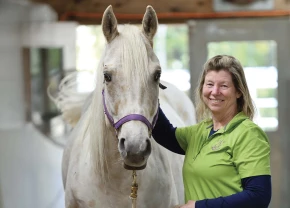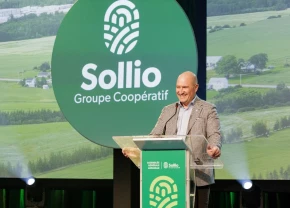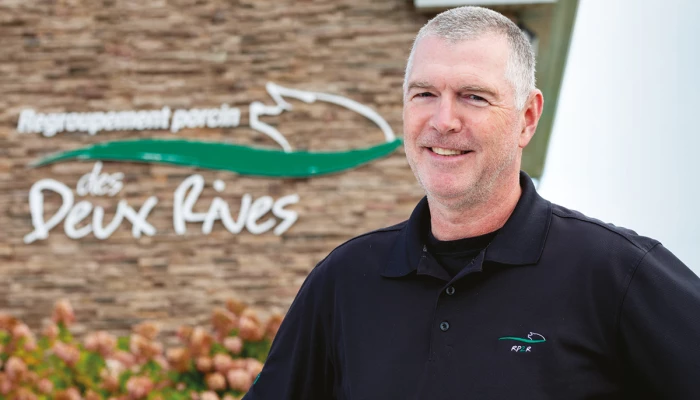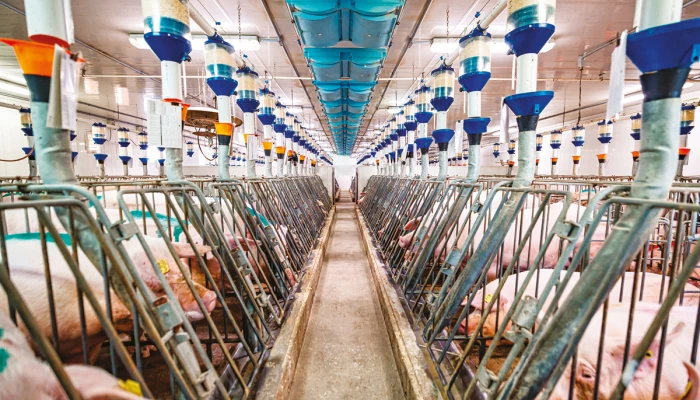
À la une
À la une
Contenu en vedette
Portrait de Josée Létourneau, première secrétaire générale de l’histoire de Sollio Groupe Coopératif et femme aux 1001 projets.

Un monde en plein changement
Le président de Sollio Groupe Coopératif, Richard Ferland, souligne la robustesse du modèle coopératif et l'importance d'investir dans la relève agricole dans son plus récent Entre nous.

Votre cooperateur.coop poursuit sa métamorphose!
Votre cooperateur.coop poursuit sa métamorphose!
Vous pouvez désormais créer un compte, sauvegarder les articles, donner votre opinion et plonger dans nos reportages comme si vous étiez sur le terrain.
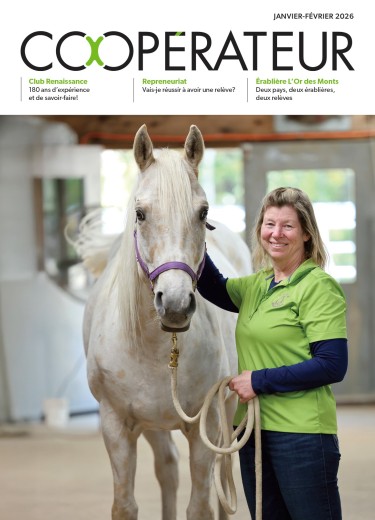
Notre dernière édition
Nouvelles couleurs, nouvelles sections, nouveau Coopérateur! Pour commencer 2026, votre magazine se transforme. Voyez aussi ce que nous avons mijoté pour célébrer nos productrices agricoles au cours de 2026.
Chronique Champ libre - Pascal Thériault
Chronique Champ libre - Pascal Thériault
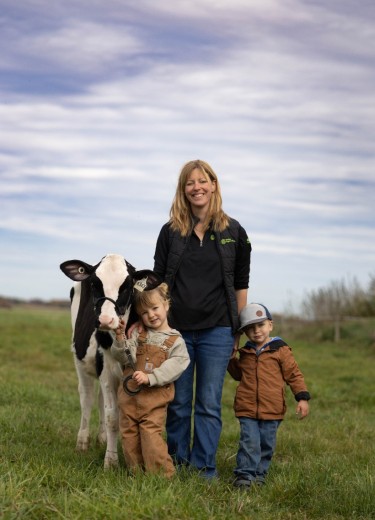
Prix relève Sollio 2025-2026
Les cinq fermes finalistes des Prix relève Sollio se dévoilent dans ces reportages!
Coopérons
Notre équipe éditoriale
Derrière les pages web et papier se cache l’équipe qui veille à la production et à la création du Coopérateur.
Faites-vous connaître
Annoncer dans le Coopérateur, c’est atteindre une communauté de plus de 12 000 membres du milieu agricole coopératif.
Faites-vous entendre
Vous avez une idée pour nous? Faites-nous en part! Nous sommes toujours à la recherche de suggestions d’articles.




